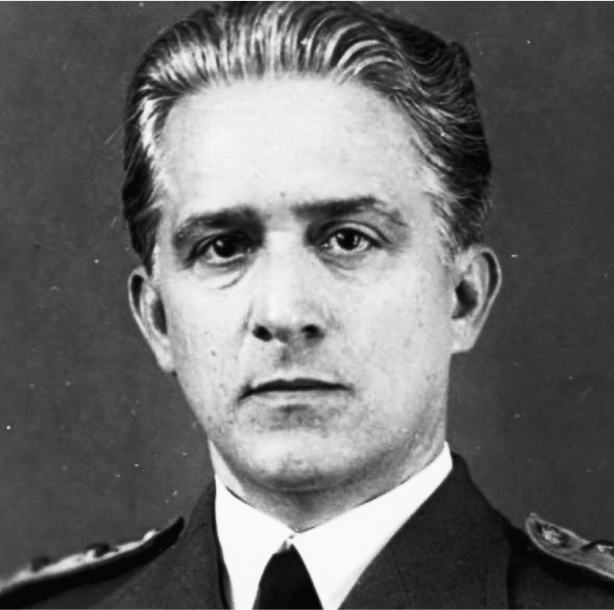Guide to the Leonidas Cardoso Archive
The Archive of Leonidas Cardoso (1889-1965), the father of Fernando Henrique Cardoso, contains approximately 800 items spanning his early school days in the early 20th century to his passing in 1965. The documents offer a window into key aspects of his life as a military figure and politician, his social and family ties, and the historical movements he supported, including Tenentism, the Oil Campaign, and the Empty Pot Movement. The archive also highlights his involvement in institutions such as the Clube Militar, the Centro de Estudos e Defesa do Petróleo e da Economia Nacional (CEDPEN), the Liga de Emancipação Nacional (LEN), and the PTB.
Family and social formation and relations
Leonidas Cardoso’s correspondence with friends and family, marked by a casual tone that reveals familiar nicknames, offers unique insights into his personality. The archive also contains diplomas, certificates, poetry notebooks, portraits, and other spontaneous documents reflecting his social life and education in Curitiba and Rio de Janeiro.
Military and political career
Leonidas Cardoso’s military journey is documented from his admission to the War School in Porto Alegre in 1905 through his eventual retirement as a divisional general. The archive includes records of his support for the Revolta dos 18 do Forte de Copacabana in 1922, an action that led to his imprisonment at the Escola de Comando e Estado-Maior do Exército (ECEME) and subsequent transfers to various posts across Pará and Amazonas. Also chronicled are his roles in the 1930 Revolution, which brought Getúlio Vargas to power, and the Constitutionalist Revolution of 1932. Other documents reflect his service as a cabinet officer for War Minister Pedro Aurélio de Góis Monteiro after achieving the rank of major.
After being transferred to São Paulo in 1940, he served at the headquarters of the 2nd Military Region and became deeply involved in advocating for national oil resources. The archive also includes materials from his term as a federal representative for São Paulo with the PTB from 1955 to 1959, showcasing his passionate defense of democratic freedoms and staunch nationalism.





